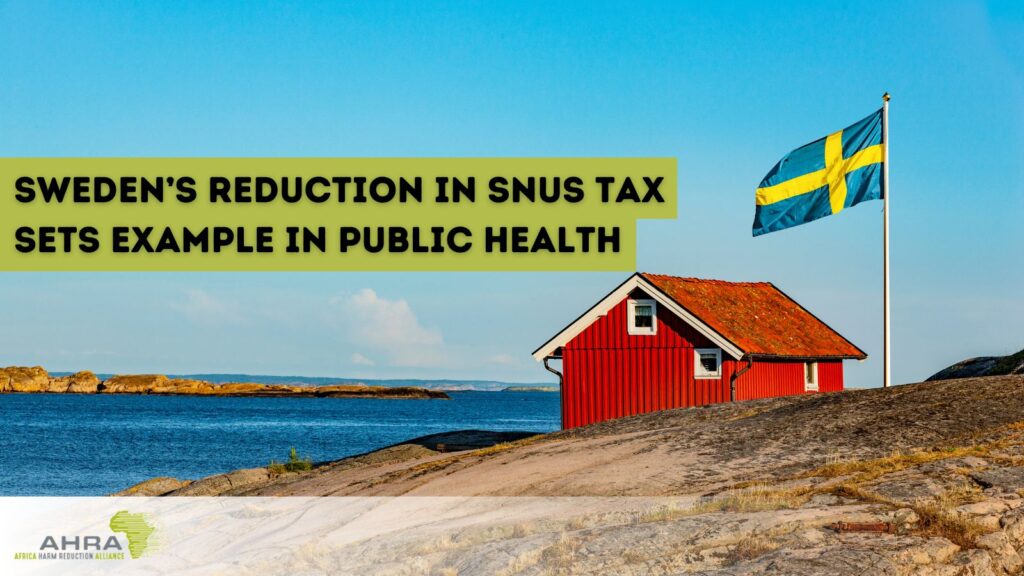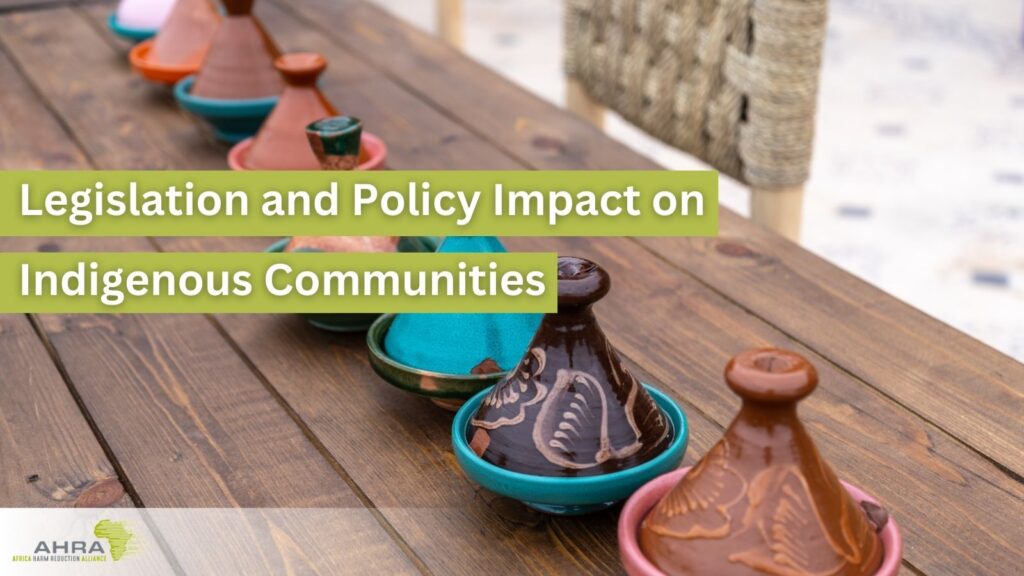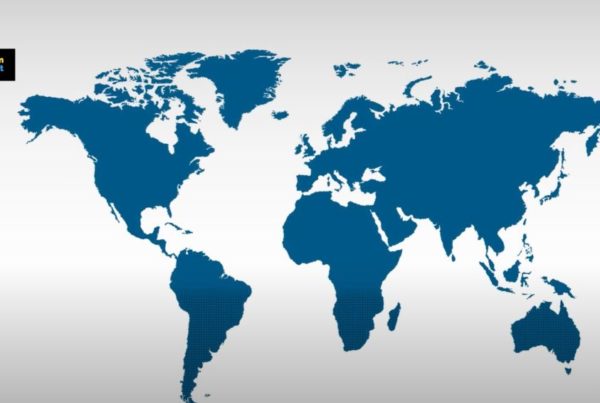Author: Joseph Magero, of Campaign for Safer Alternatives
World Neglected Tropical Diseases Day – 30 January 2023
Over a billion people worldwide experience morbidity and mortality from conditions for which few evidence-based treatments exist. Neglected tropical diseases (NTDs) impose a devastating human, social and economic burden on predominantly impoverished populations, mainly in tropical areas where the most vulnerable, marginalized populations of the world live.
Although African countries made significant progress in tackling neglected tropical diseases in 2022, these diseases still affect over 1 billion people globally, mainly in low- and middle-income countries.
For our purposes, a ‘neglected population’ is a population in whom there is insufficient evidence to inform the safe and effective use of medication. The neglect in this case extends across multiple domains, from the research enterprise (pharmaceutical manufacturers, funding bodies, academic researchers, regulatory bodies, and scientific literature publishing enterprise) to governments and the public and private sectors.
Neglected tropical diseases (NTDs) highlight the importance of addressing public health concerns and reducing health disparities. They often disproportionately affect neglected populations that are left out of research efforts, such as children and pregnant women.
Tropical infectious diseases can be addressed through harm reduction strategies, which aim to reduce the negative health consequences associated with exposure to pathogens and other risk factors. Examples of harm reduction strategies for tropical infectious diseases include vector control, Improved sanitation and hygiene, antiretroviral therapy, health education, and outreach.
In low and middle-income countries in Africa where infectious diseases disproportionately affect populations, harm reduction strategies can be implemented by Increasing access to and availability of harm reduction services, such as needle exchange programs and opioid substitution therapies.
In summary, harm reduction strategies can play a crucial role in reducing the negative health consequences of tropical infectious diseases and improving global health equity.











